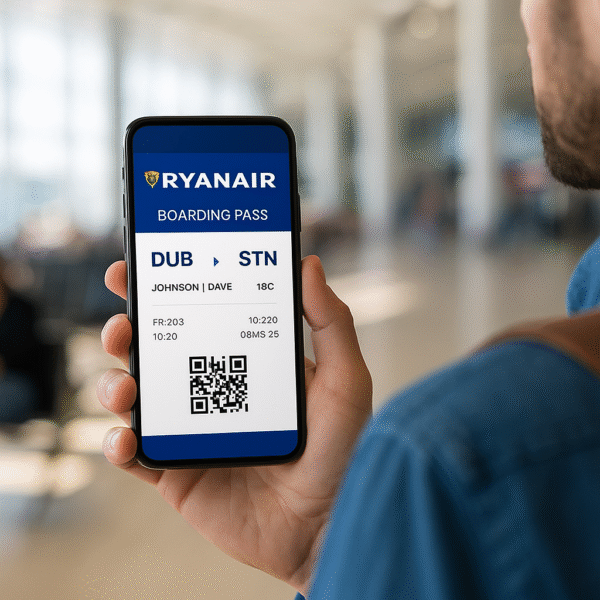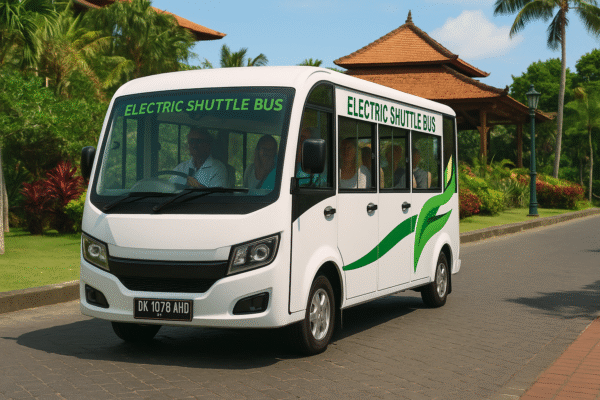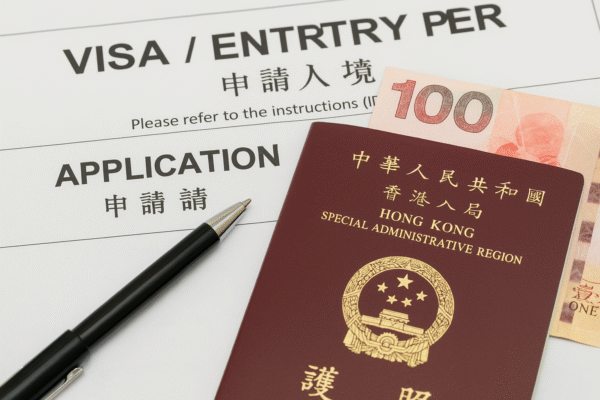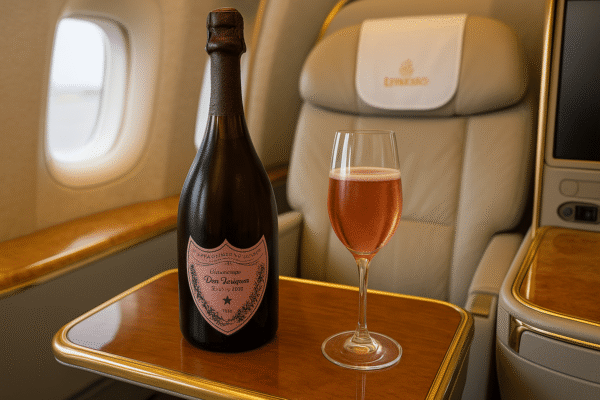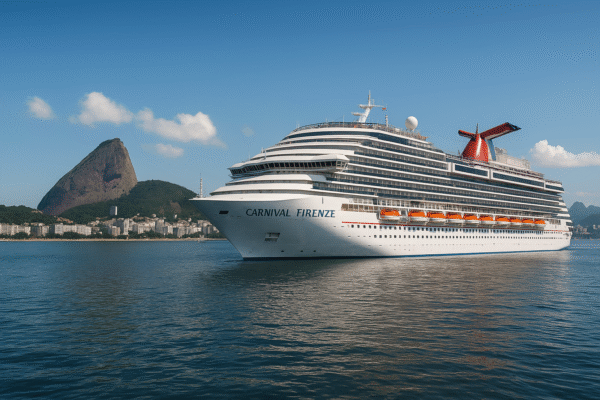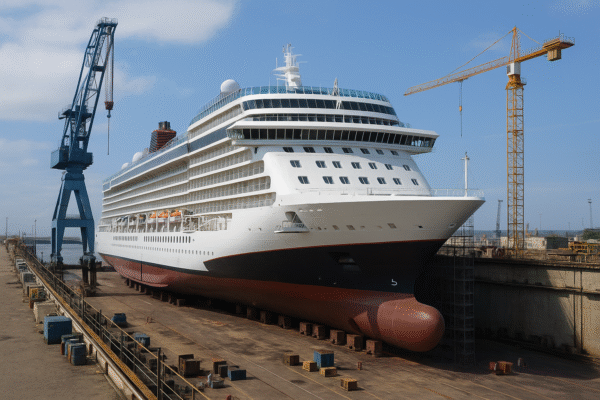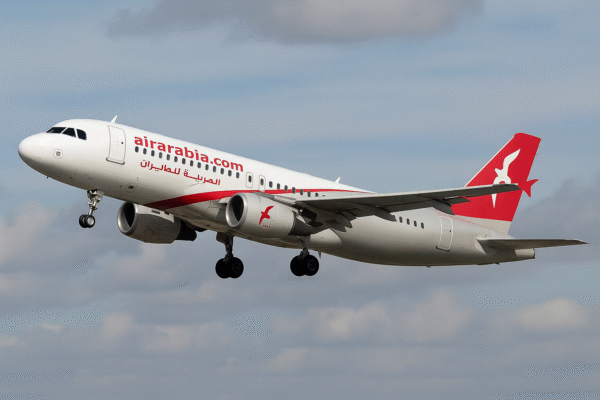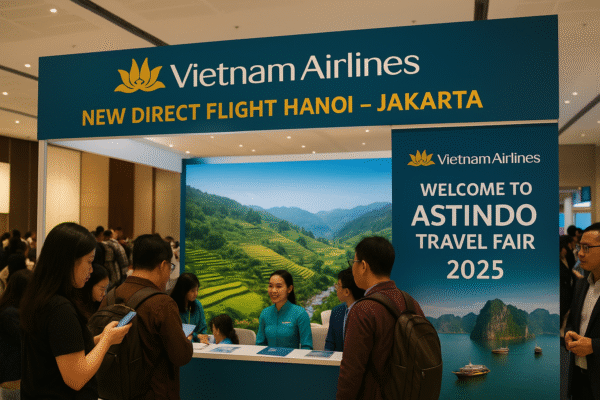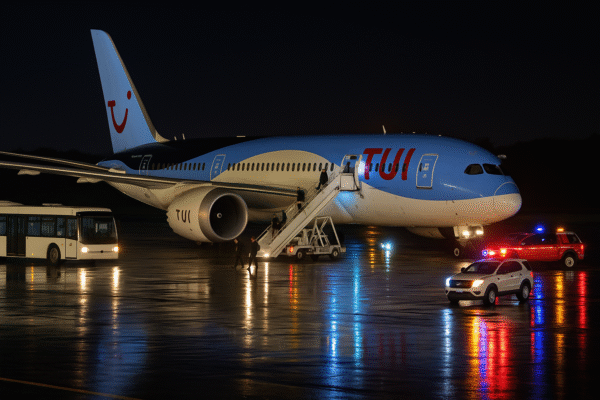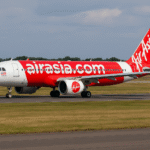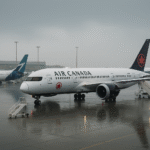The shimmering illusion of seamless global travel was abruptly shattered on July 8 when a TUI Airways Dreamliner en route from Cancun, Mexico to London Gatwick was forced to make an emergency landing in Bangor, Maine, following an alcohol-fueled altercation mid-flight. The incident cast a sharp spotlight on aviation safety procedures, in-flight alcohol consumption rules, and the ripple effects of disruptions in the tightly woven fabric of international tourism.
Flight BY49, operated by TUI Airways aboard a Boeing 787 Dreamliner, took off from Cancun filled with British holidaymakers. At 40,000 feet above North America, an intoxicated couple began exhibiting aggressive behavior. According to multiple eyewitnesses, the situation escalated quickly into a physical altercation, leaving the flight crew with no choice but to divert the plane to the nearest suitable airport—Bangor International Airport in the U.S. state of Maine.
U.S. Diversion Triggers Immigration Hurdles and Passenger Strain
While the two disruptive passengers were removed by U.S. authorities upon landing, the rest of the 300+ passengers became unintended collateral in the unfolding crisis. Most of them lacked the necessary ESTA visa waivers or U.S. travel authorization, leaving them stranded inside Bangor’s secure transit lounge. With no ability to leave the airport, passengers were forced to sleep overnight on hastily arranged cots beneath the bright lights of the terminal.
Children wept, elderly travelers struggled with exhaustion, and tempers flared as hours stretched into a full day. Bangor, although well-equipped as a diversion airport for transatlantic routes, is not designed to host hundreds of international passengers overnight without prior notice.
Crew Fatigue Laws Block Immediate Continuation
TUI’s crew, already stretched under European Flight Time Limitations (FTLs), could not legally continue to London without violating strict regulations designed to prevent fatigue-related errors. In response, the airline had to dispatch a replacement crew from the UK—adding further delays.
The grounded passengers waited almost 40 hours before the journey could resume. Flight BY49 finally landed at London Gatwick at approximately 1:20 a.m. on July 10, nearly two days behind schedule.
Repeated Incidents Prompt Alcohol Policy Scrutiny
The incident echoes similar past diversions involving TUI flights. In January 2023, another Cancun-London route also diverted to Bangor due to intoxicated passengers physically attacking crew members. In a separate 2022 incident, a UK judge criticized TUI for allowing visibly drunk sisters to board a flight to Fuerteventura, causing a pre-departure disruption.
In each case, the role of alcohol served during the flight has come under fire. Critics are now demanding that TUI—and other airlines—rethink their in-flight alcohol policies. Some aviation analysts suggest limiting or eliminating alcohol service on long-haul routes notorious for disruptive behavior.
According to the UK Civil Aviation Authority (CAA), disruptive passenger incidents rose by 38% in 2024, with alcohol playing a role in more than 60% of reported events.
Tourism Industry Fallout: More Than a Flight Disruption
Beyond the inflight chaos, this diversion carries broader implications for the global tourism industry. Airlines like TUI are racing to meet surging post-pandemic travel demand. Still, ongoing operational issues, rising air rage incidents, and lack of policy enforcement threaten to undermine consumer confidence.
Bangor Airport, located strategically near North America’s northeastern edge, has long served as a key transatlantic emergency stop. Yet its limitations in processing and hosting international passengers have now been placed under renewed scrutiny.
Destinations like Cancun, heavily reliant on smooth and reliable international air connectivity, are also impacted. Travel disruptions of this magnitude reverberate through entire tourism ecosystems—hotels, resorts, transportation networks, and travel agencies all feel the strain.
TUI’s Response: A Gesture That Fell Short
TUI responded by issuing a £200 travel voucher to affected passengers. For many, it was too little, too late. Travelers cited poor communication, long waits without clarity, and a lack of proactive care.
One stranded passenger shared on social media: “We were treated like inmates, not customers. All of this because the crew didn’t cut off clearly drunk passengers earlier.”
Photos of exhausted passengers curled up on airport cots quickly went viral, igniting calls for stricter airline enforcement of behavioral and alcohol policies and improved contingency planning for international diversions.
A Turning Point for Aviation Policy?
Global aviation regulators, including the International Civil Aviation Organization (ICAO) and the European Union Aviation Safety Agency (EASA), are reportedly monitoring the incident. Aviation experts are now calling for coordinated global reforms that may include:
- Enhanced inflight crew training for handling aggressive passengers
- Standardized international alcohol service policies
- Pre-boarding screening protocols for intoxication
- Infrastructure readiness at diversion-prone airports like Bangor
The TUI diversion serves as a cautionary tale for the future of mass tourism in a time of climate-related disruptions, increased passenger stress, and operational strain on airlines.
A Fragile Recovery at Risk
As international travel continues its rapid recovery, maintaining passenger safety and smooth travel experiences is more critical than ever. The journey from paradise to panic for passengers aboard TUI flight BY49 is a stark reminder that a single failure—whether in policy, judgment, or preparation—can unravel even the most carefully planned trip.
In a competitive era where low-cost carriers like AirAsia are setting new benchmarks in service and reliability across Europe, Asia, Australia, and the Middle East, the stakes for legacy carriers are higher than ever. TUI, once synonymous with sun-drenched package holidays, must now confront uncomfortable questions about safety, alcohol policy, and the sustainability of its long-haul model.
For more travel news like this, keep reading Global Travel Wire

